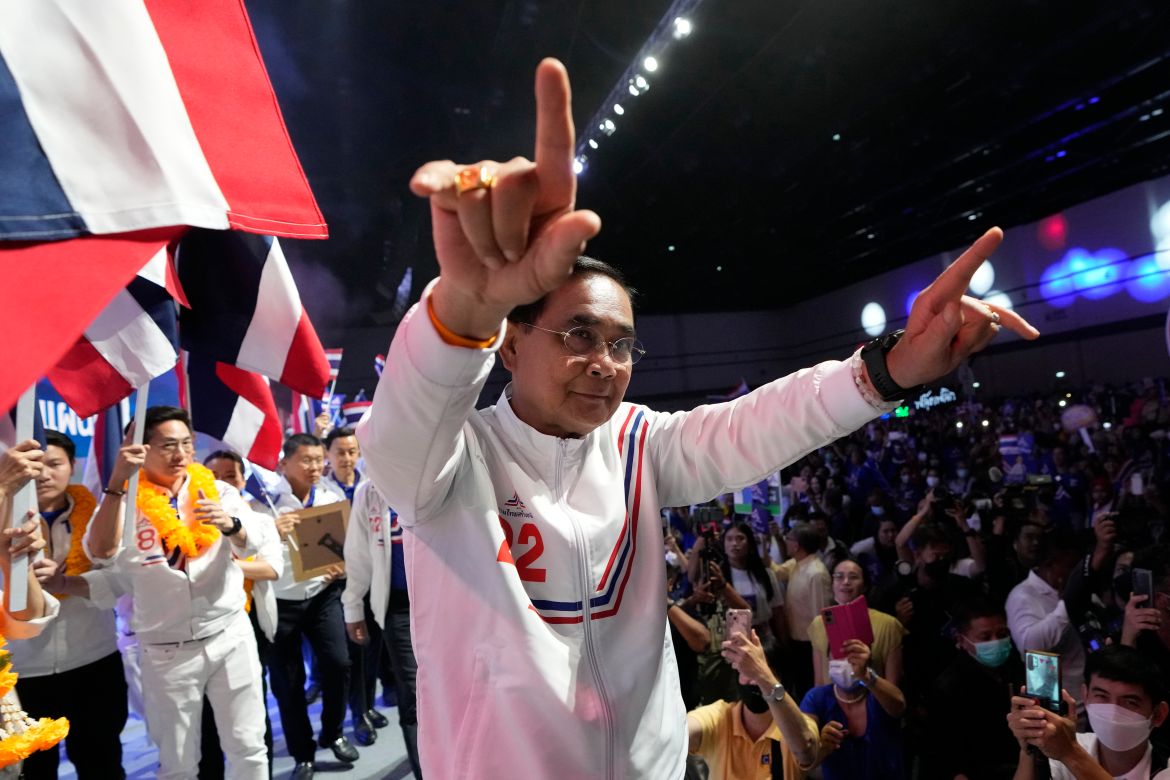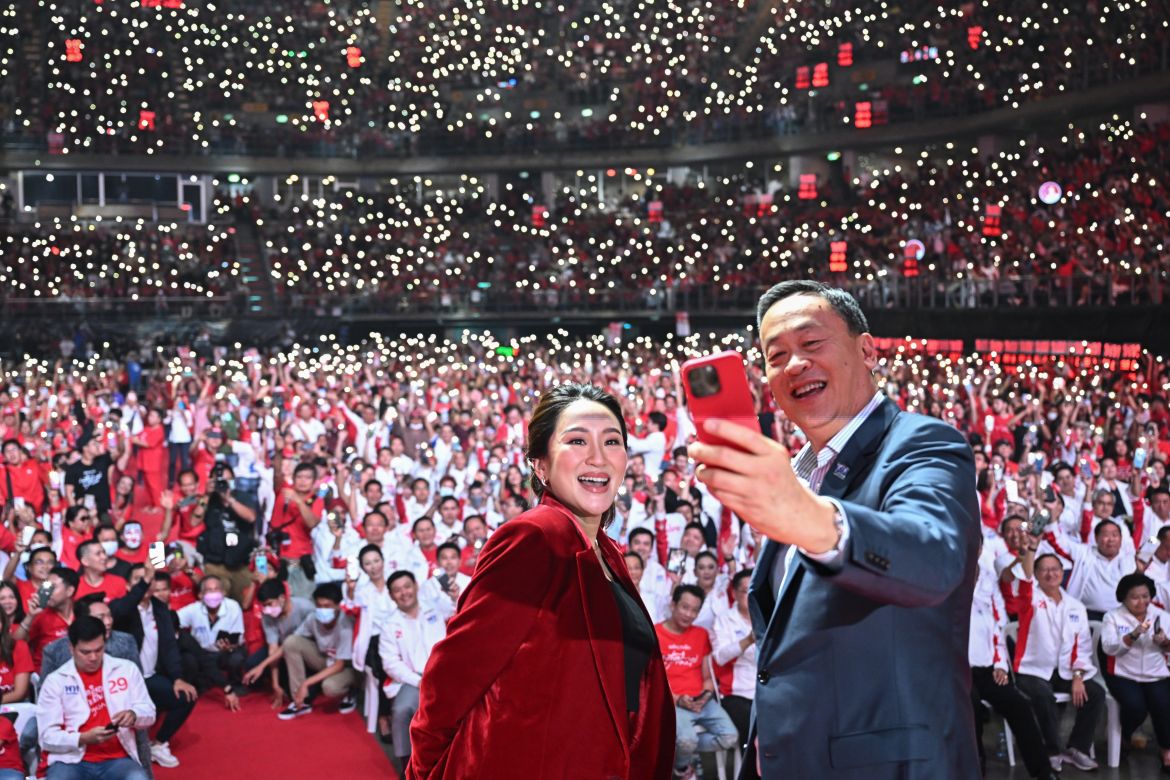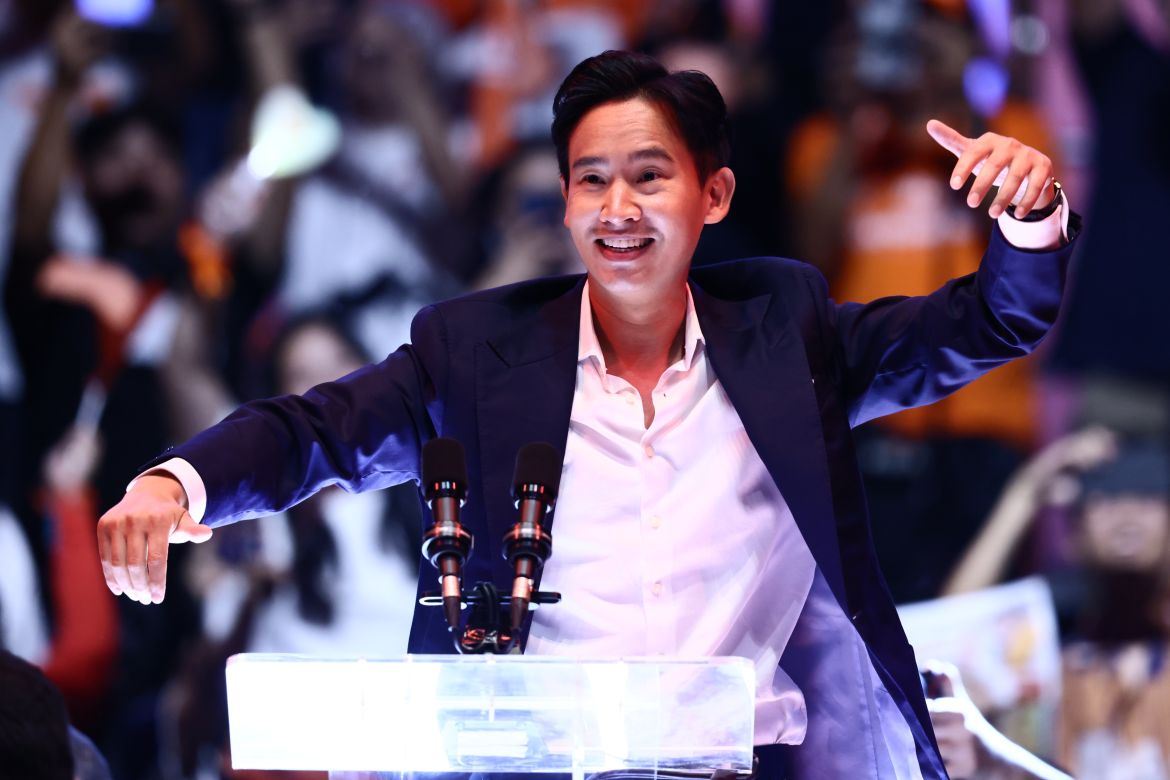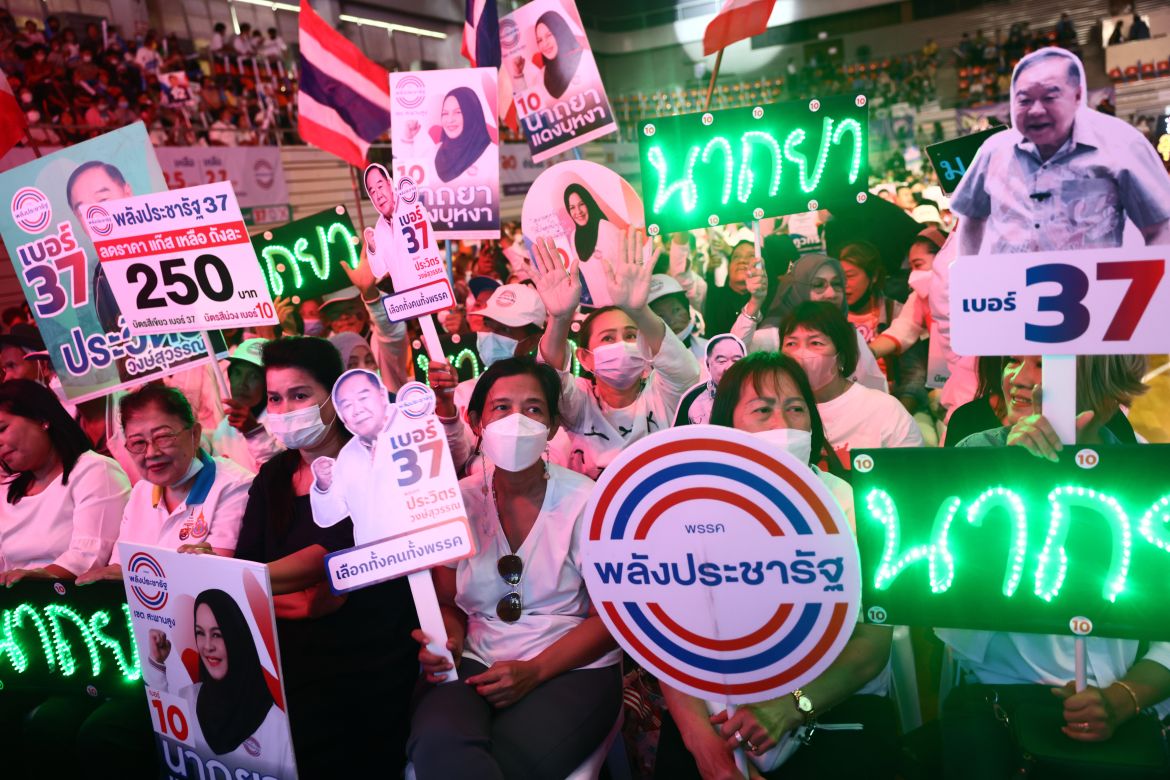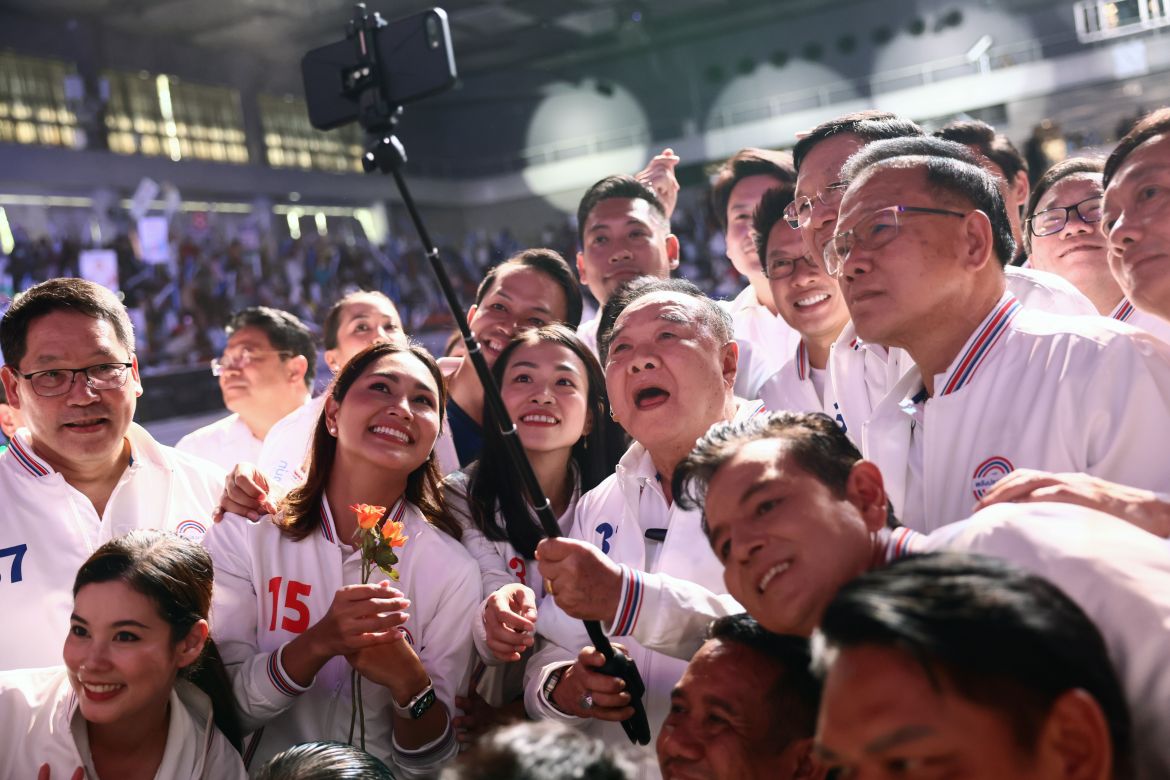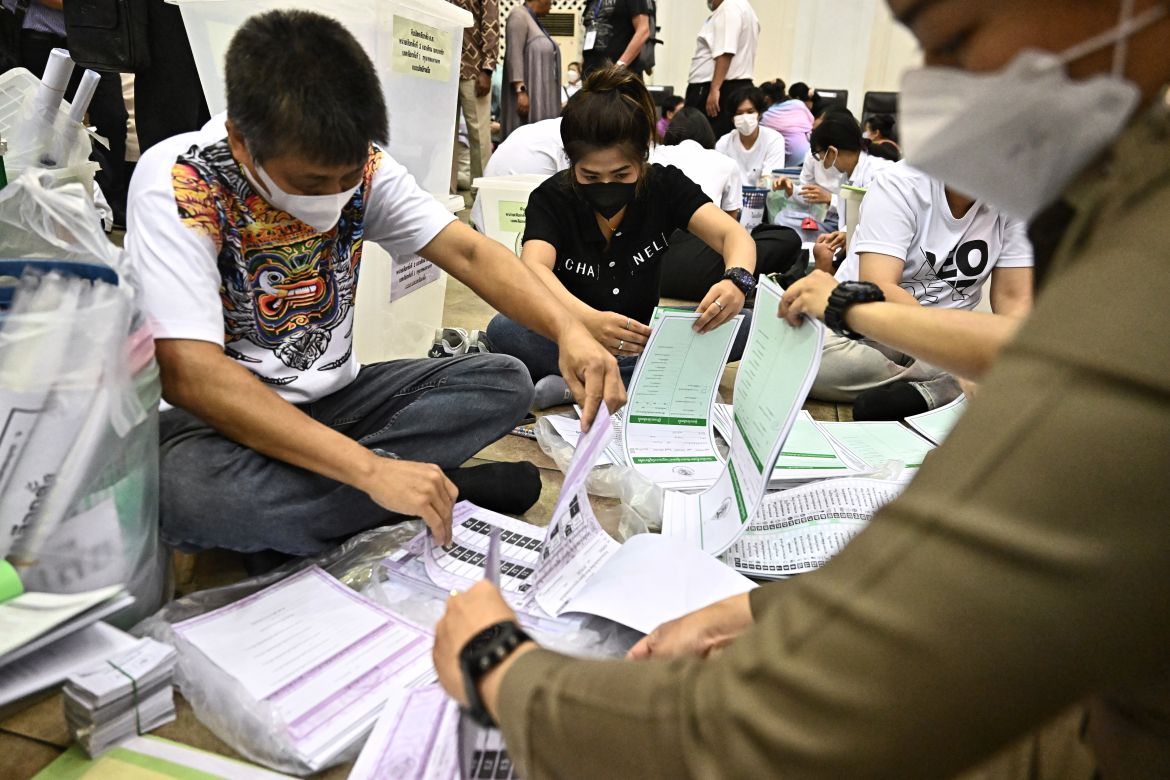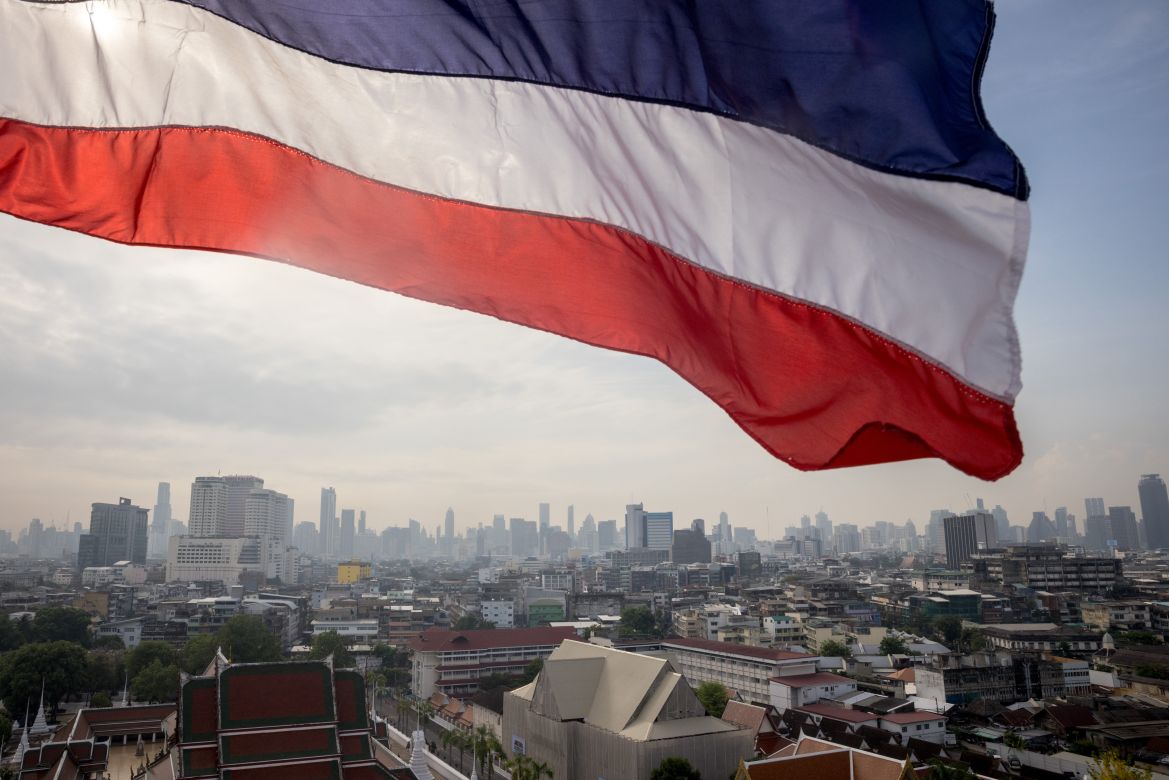In Pictures
Photos: Thailand’s political parties make final pitch to voters
Some 52 million Thais are eligible to vote on Sunday with many hoping to break the military’s hold in politics.
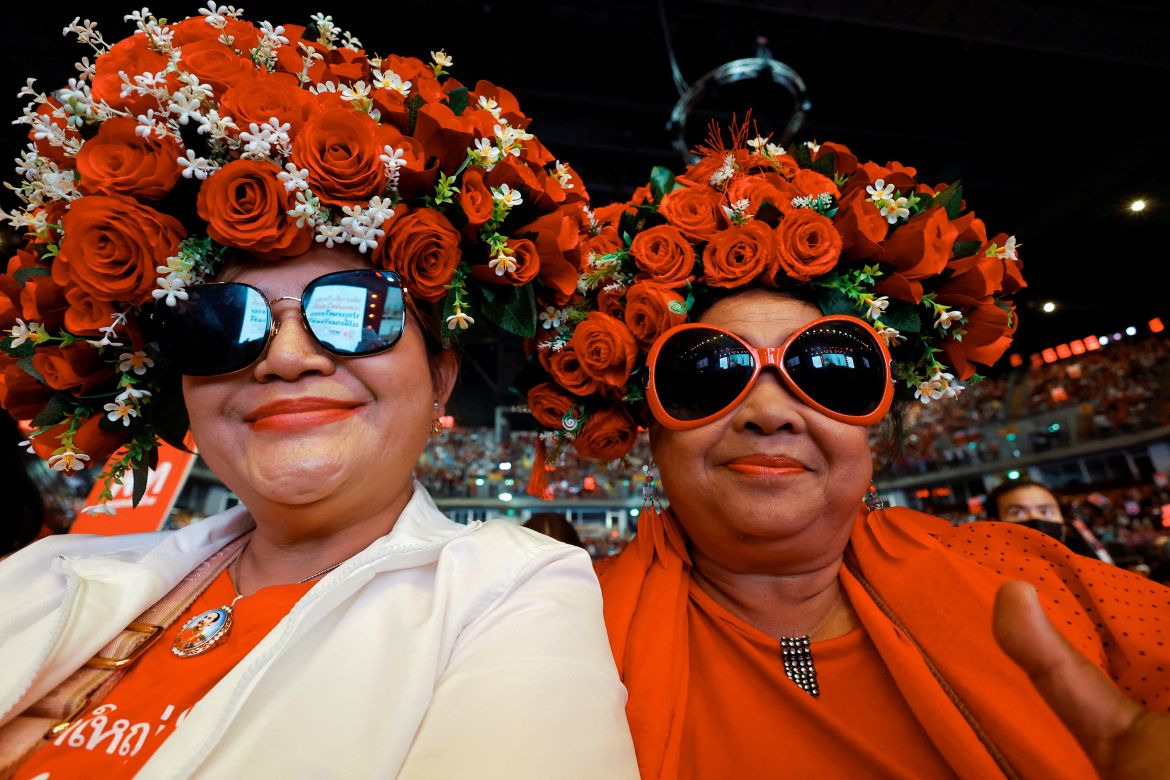
Campaigning has wrapped up for Thailand’s election with the major parties making their final pitch to vast crowds at their final rallies.
Some 52 million Thais are eligible to vote in Sunday’s election, with the opposition parties promising to end the military’s political dominance and even reform the all-powerful monarchy – an issue once seen as taboo.
Prime Minister Prayuth Chan-ocha, a former army chief who came to power in a 2014 coup and now leads the recently formed United Thai Nation party, made an emotional final plea for votes.
“We must love each other. We are Thailand, we are a family,” he told his supporters.
“If we are not elected, I won’t be standing here … will you miss me if I’m not here? Because I will miss all of you.”
Opinion polls show Pheu Thai, the largest opposition party, is likely to win most seats, as it has in every election since 2001.
Its candidates for prime minister include Paetongtarn Shinawatra, the youngest daughter of family patriarch and former prime minister Thaksin Shinawatra, who was given a rock star welcome as she arrived at the party’s closing rally in Bangkok.
“May 14 will be a historic day. We will change from a dictatorship to a democratically elected government,” 36-year-old Paetongtarn told thousands of supporters clad in the party’s signature red.
The election is the first since 2020 when massive protests called for unprecedented reforms to the powers of ultra-wealthy King Maha Vajiralongkorn.
Move Forward, led by telegenic Harvard-educated entrepreneur Pita Limjaroenrat, appears to have harnessed much of the energy of that youth-led protest movement, which voiced deep disaffection with the old political system.
But in a kingdom that has seen a dozen coups in the past century, there are fears the military could seek to cling on to power – despite assurances from the current army chief that it would not intervene this time.
Whoever becomes prime minister will need to secure the support not only of the 500 people elected to the lower house, but also the 250 members of the military-appointed Senate.

